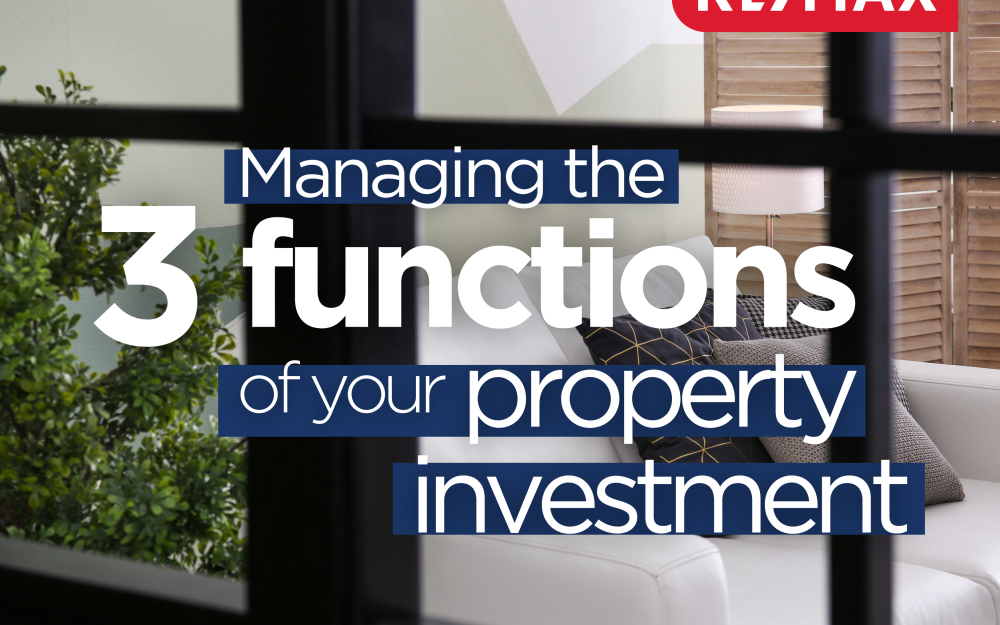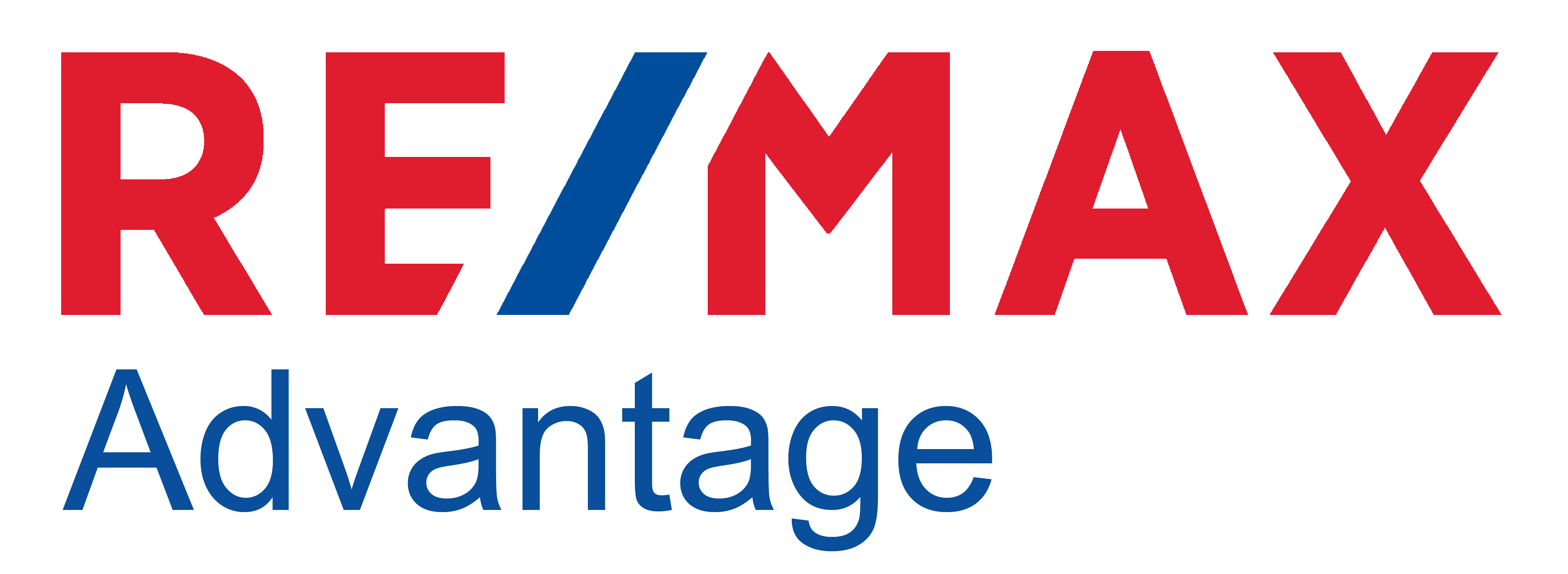
When looking into the healthy state of your property investment, it might be beneficial to divide the management of the property into categories because the successful management of any investment property is multifaceted.
A simple way to understand how management is travelling is to view how it functions across three areas: tenant management, property management and financial management. The idea of categorising like this is not to highlight the importance of one over another, but rather to ensure that they work cohesively in the overall management of the investment.
Landlords working with property management specialists will appreciate the attention and support in all three functional areas. For self-managed landlords, while it is possible to approach and manage the property as a business, ensuring diligence in record keeping, communication and response to action required can be time consuming, and many who try come to regret their decision to go this way.
The property manager and tenant management:
From finding the right tenant and ensuring background checks are completed to having documentation that is accurate, up-to-date and reflecting any changes made to legislation is just the start of tenant management. A proactive tenant will expect proactive communication. Whether it is in response to queries about the property or action maintenance requests, to liaising between tenants and neighbours when required and ensuring rent does not fall into arrears, maintaining a positive relationship with tenants proves beneficial in the long run.
Unfortunately, not all relationships with tenants remain positive, and should disputes arise, having the benefit of an experienced property manager in your corner with the ability to listen compassionately and act diplomatically is desirable.
The property manager and property management:
Tenants aside, management of the property itself is vital to the overall health of the investment, ensuring it not only remains competitive in the immediate rental market, but remains in good condition for the longevity of ownership and later when it comes time to sell. Regular upkeep and maintenance will ensure any areas of concern don’t turn into larger (more costly) issues down the track. Regular property inspections throughout a tenancy play an important role in identifying areas of concern and ensuring tenants are keeping the property in good condition.
The property manager and financial management:
The financial importance of an investment property is not to be understated. Property is one of the largest investments one can make, so ensuring it works for you, in a financial sense, is paramount. The purchase of property and the ongoing financial needs required in keeping the property in good condition should be considered from a practical, money-minded perspective. Keeping accurate record keeping, ensuring the balance of incoming and outgoing remains in line with planning, and allowing for provisions to cover unplanning maintenance and repairs are important financial considerations.
Your property manager will be across the rental market and assist you to achieve best return on your investment. They can also help you to engage with the right financial professionals who will take the time to understand your circumstances and your goals for your investment.
Categorising a property’s management three ways can help form an overall picture of where you may require additional attention or understanding.
It is important to remember that not all properties are the same, and therefore not all management will be the same. Legislation differs from state to state and the marketing of a vacant property may be different depending on the location and target tenant pool.
However, employing the right team to support you as a landlord will be beyond beneficial in the long run.
